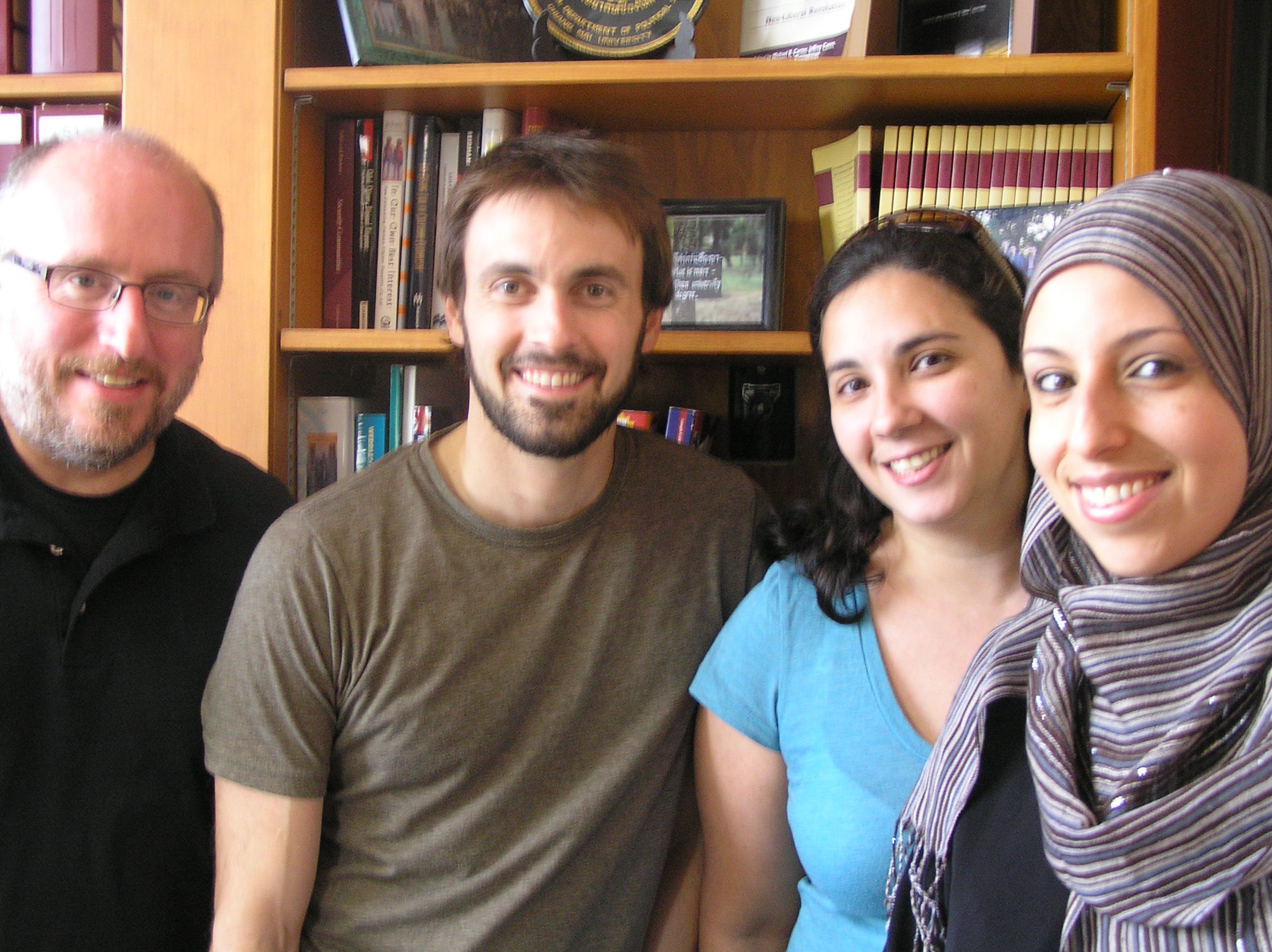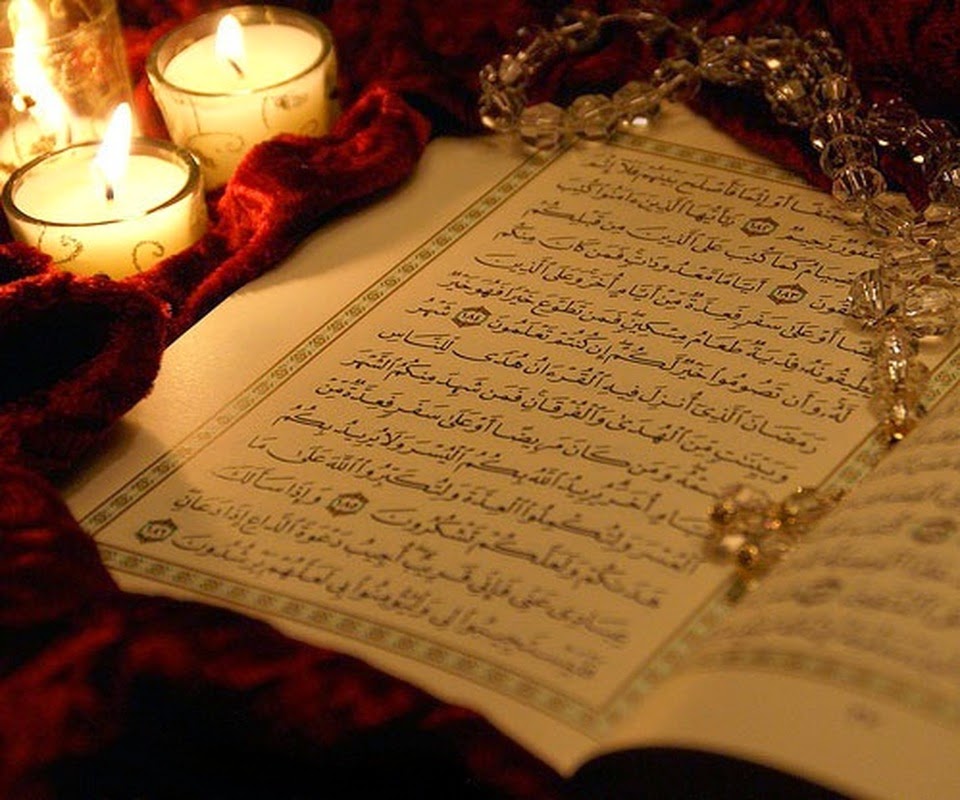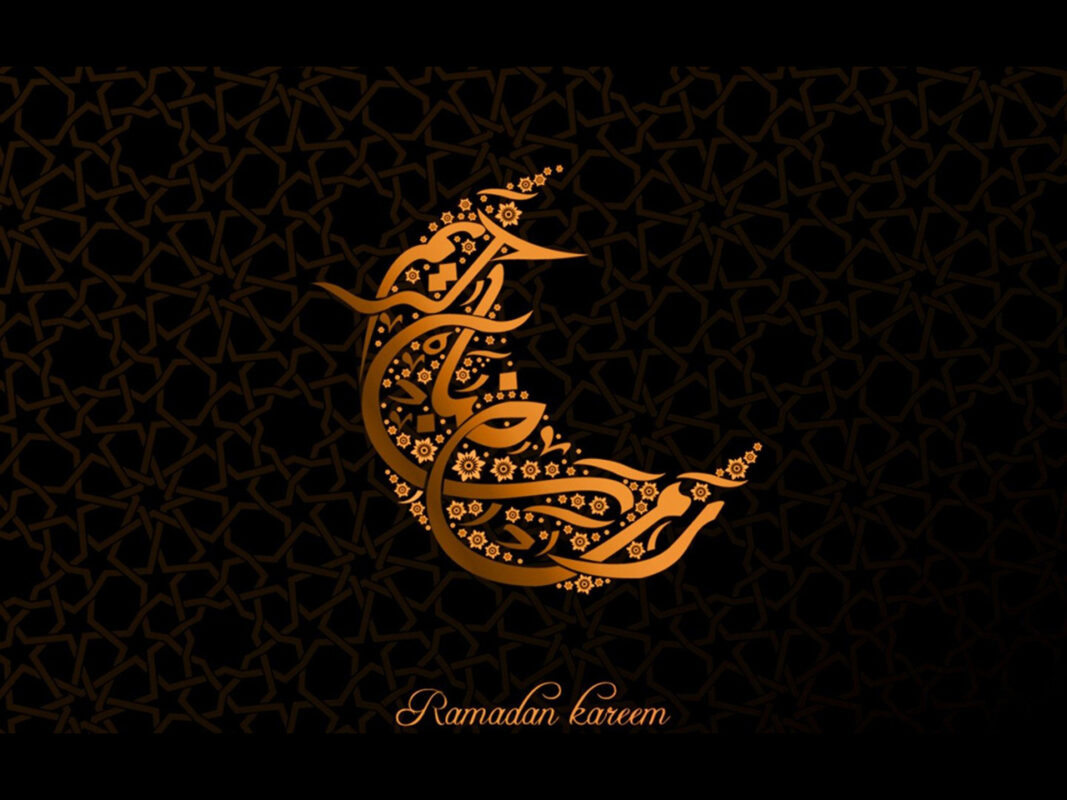Praise be to Allah.
Peace of mind, contentment, happiness and freedom from worries and anxiety. These things are what everyone wants, and these are the ways in which people can have a good life and find complete happiness and joy. There are religious means of achieving that, and natural and practical means, but no one can combine all of them except the believers; although other people may achieve some of them, they will miss out on others.
Here follows a summary of the means of achieving this aim for which everyone is striving. In some cases, those who achieve many of them will live a joyful life and a good life; in other cases, those who fail to achieve all of them will live a life of misery and hardship. And there are others which are in between, according to what the means he is able to attain. These means include the following:
1 – Faith and righteous deeds:
This is the greatest and most fundamental of means. Allah says (interpretation of the meaning): “Whoever works righteousness — whether male or female — while he (or she) is a true believer (of Islamic Monotheism) verily, to him We will give a good life (in this world with respect, contentment and lawful provision), and We shall pay them certainly a reward in proportion to the best of what they used to do (i.e. Paradise in the Hereafter)” [al-Nahl 16:97]
Allah tells us and promises us that whoever combines faith with righteous deeds will have a good life and a good reward in this world and in the Hereafter.
The reason for that is clear: those who believe in Allah – with sincere faith that motivates them to do righteous deeds that change hearts and attitudes and guides them to the straight path in this world and the Hereafter – follow principles and guidelines by means of which they deal with everything that happens to them, be it the causes of happiness and excitement or the causes of anxiety, worry and grief.
They deal with the things that they like by accepting them and giving thanks for them, and using them in good ways. When they deal with them in this manner, that creates in them a sense of excitement and the hope that it will continue and that they will be rewarded for their gratitude, which is more important than the good things that happen to them. And they deal with bad things, worries and distress by resisting those that they can resist, alleviating those that they can alleviate, and bearing with goodly patience those that they cannot avoid. Thus as a result of the bad things they gain a lot of benefits, experience, strength, patience and hope of reward, which are more important and which diminish the hardships they have undergone and replace them with happiness and hope for the bounty and reward of Allah.
The Prophet (peace and blessings of Allah be upon him) expressed this in a saheeh hadeeth in which he said: “How wonderful is the situation of the believer, for all his affairs are good. If something good happens to him, he gives thanks for it and that is good for him; if something bad happens to him, he bears it with patience, and that is good for him. This does not apply to anyone but the believer.” (Narrated by Muslim, no. 2999).
The Prophet (peace and blessings of Allah be upon him) told us that the believer is always gaining and the reward for his deeds is always multiplying, no matter what happens to him, good or bad.
2 – Being kind to people in word and deed, and all kinds of doing good.
This is one of the means of removing worry, distress and anxiety. By this means Allah wards off worries and distress from righteous and immoral alike, but the believer has the greater share of that, and is distinguished by the fact that his kindness to others stems from sincerity and the hope of reward, so Allah makes it easy for him to be kind to others because of the hope that this will bring good things and ward off bad things, by means of his sincerity and hope of reward.
Allah says (interpretation of the meaning):
“There is no good in most of their secret talks save (in) him who orders Sadaqah (charity in Allaah’s Cause), or Ma‘roof (Islamic Monotheism and all the good and righteous deeds which Allaah has ordained), or conciliation between mankind; and he who does this, seeking the good Pleasure of Allaah, We shall give him a great reward” [al-Nisa’ 4:114]
Part of that great reward is relief from worry, distress, troubles, etc.
The work with which he occupies himself should be something that he likes and enjoys, for that is more likely to produce the desired results. And Allaah knows best.
So a person must strive to attain that which will benefit him in worldly and spiritual terms, and ask his Lord to make his efforts successful, and he should seek His help in that, as the Prophet (peace and blessings of Allah be upon him) said: “Strive for that which will benefit you and seek the help of Allaah, and do not be helpless. If anything (bad) happens to you, do not say, ‘If only I had done such-and-such, then such-and-such would have happened.’ Rather you should say, ‘Qaddara Allaah wa ma sha’a fa’ala (Allah decrees, and what He wills He does),’ for (the words) ‘If only’ open the door to the Shaytaan.” (Narrated by Muslim).
The Prophet (peace and blessings of Allah be upon him) connected the matter of striving to achieve good things with the matter of seeking the help of Allah and not giving in to feelings of helplessness which are a harmful kind of laziness, and with the matter of accepting things in the past which are over and done with, and acknowledging that the will and decree of Allah will inevitably come to pass. He described matters as being of two types:
1 – Matters which a person may strive to achieve or to achieve whatever he can of them, or to ward them off or alleviate them. In such cases a person must strive and make the effort, and also seek the help of Allah.
2 – Matters where such is not possible, so he must have peace of mind, accept them and submit to Allah’s will.
Undoubtedly paying attention to this principle will bring happiness and relieve worry and distress.
5 – One of the greatest means of feeling content and relaxed and of acquiring peace of mind is to remember Allah a great deal (dhikr). That has a great effect in bringing contentment and peace of mind, and relieving worry and distress. Allah says:
“Verily, in the remembrance of Allah do hearts find rest” [al-Ra’d 13:28]
Remembering Allah (dhikr) has a great effect in achieving this aim because it has a special influence and because of the hope that it brings of reward.
If a person utters these du’as, which ask that his spiritual and worldly affairs may be set right or corrected, with proper presence of mind and sincerity of intention, whilst striving to achieve that, Allah will grant him what he has prayed for, hoped for and striven for, and He will turn his worry into joy and happiness.
It should be noted that your life will follow your train of thought. If your thoughts are of things that will bring you benefit in your spiritual or worldly affairs, then your life will be good and happy. Otherwise it will be the opposite.
The person who is safe from all of that is the one who is protected by Allah and helped by Him to strive to achieve that which will benefit and strengthen the heart and ward off anxiety. Allah says (interpretation of the meaning):
“And whosoever puts his trust in Allah, then He will suffice him” [al-Talaaq 65:3]
If bad things happen or there is the fear of such, then you should count the many blessings that you are still enjoying, both spiritual and worldly, and compare them with the bad things that have happened, for when you compare them you will see the many blessings that you are enjoying, and this will make the bad things appear less serious.
See al-Wasaa’il al-Mufeedah li’l-Hayaat al-Sa’eedah by Shatkh ‘Abd al-Rahmaan ibn Sa’di
Ibn al-Qayyim summed fifteen ways through which Allah may dispel worries and regret. These are as follows:
1- Tawheed al-Ruboobiyyah (belief in the Oneness of Divine Lordship)
2- Tawheed al-Uloohiyyah (belief in the Oneness of the Divine nature)
3- Tawheed of knowledge and belief (i.e., Tawheed al-Asma’ wa’l_Sifaat, belief in the Oneness of the Divine names and attributes)
4- Thinking of Allah as being above doing any injustice to His slaves, and above punishing anyone for no cause on the part of the slave that would require such punishment.
5- The person’s acknowledging that he is the one who has done wrong.
6- Beseeching Allah by means of the things that are most beloved to Him, which are His names and attributes. Two of His names that encompass the meanings of all other names and attributes are al-Hayy (the Ever-Living) and al-Qayyoom (the Eternal).
7- Seeking the help of Allah Alone.
8- Affirming one’s hope in Him.
9- Truly putting one’s trust in Him and leaving matters to Him, acknowledging that one’s forelock is in His hand and that He does as He wills, that His will is forever executed and that He is just in all that He decrees.
10-Letting one’s heart wander in the garden of the Qur’an, seeking consolation in it from every calamity, seeking healing in it from all diseases of the heart, so that it will bring comfort to his grief and healing for his worries and distress.
11-Seeking forgiveness.
12-Repentance.
13-Jihad.
14-Salaah (prayer).
15-Declaring that he has no power and no strength, and leaving matters to the One in Whose hand they are.
We ask Allah to keep us safe and sound from worries and to relieve us of distress and anxiety, for He is the All-Hearing, Ever-Responsive, and He is the Ever-Living, Eternal
Source: missionislam.com [External/non-QP]








